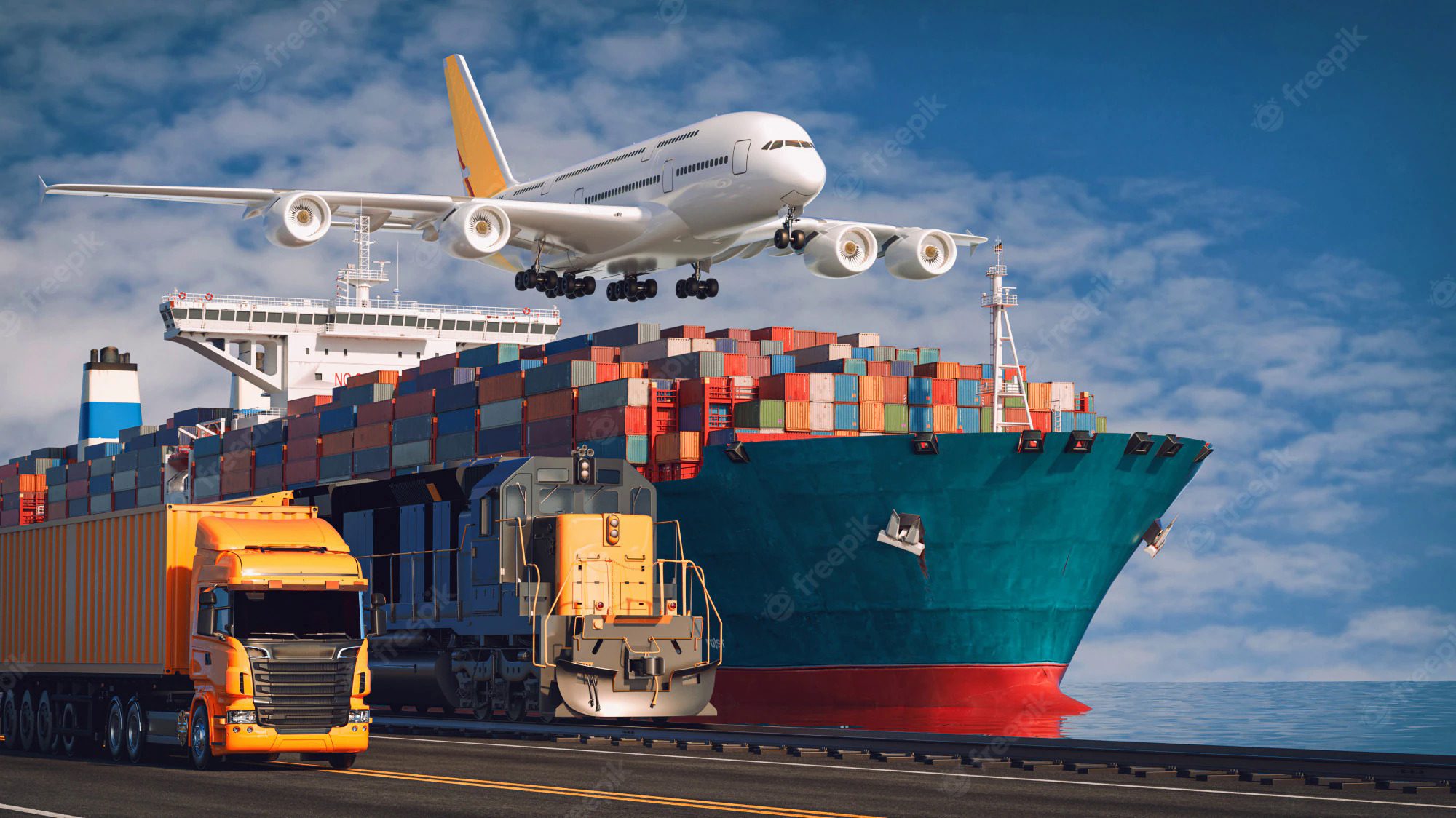The push for market growth in the logistics sector is seen as a significant contributor to Vietnam's total import-export turnover, enhancing competitiveness for businesses.

According to a recent World Bank report, Vietnam ranks 43rd in the Logistics Performance Index (LPI) out of a group of 5 ASEAN countries, trailing behind Singapore, Malaysia, Thailand, and on par with the Philippines. Therefore, the average annual growth rate of the Vietnamese logistics market, ranging from 14-16%, is expected to significantly contribute to raising Vietnam's import-export turnover to $730.2 billion USD in 2022, a 9.1% increase compared to the same period in 2021.
In the first six months of 2023, the total import-export turnover of goods reached $316.65 billion USD, a 15.2% decrease compared to the same period in the previous year. Thus, the development of the market and logistics activities are increasingly emphasized.
During the AFFA Mid-Year Conference of the International Federation of Freight Forwarders Associations (FIATA), hosted by the Vietnam Logistics Business Association (VLA) in Da Nang from July 14-15, 2023, experts and businesses proposed various solutions for the development of the logistics industry. These solutions include facilitating cross-border transportation, enhancing training for logistics personnel, and promoting sustainable development and digital transformation in the logistics sector.
At the conference, Deputy Minister of Industry and Trade Nguyen Sinh Nhat Tan emphasized that with its strategic geopolitical location and its dynamic development within the global context, where trade flows are intensifying and integration is deepening with the global economy, coupled with double-digit growth rates in import-export and e-commerce, Vietnam is becoming an attractive destination for logistics activities in the Asia-Pacific region.
However, Deputy Minister Nguyen Sinh Nhat Tan noted that the logistics sector in the Asia-Pacific region, and the world in general, is facing unpredictable changes. Alongside technological advancements and globalization, new opportunities and challenges arise for the logistics industry.
Therefore, the Vietnamese government, Prime Minister, relevant ministries, and localities are always concerned with leading, guiding, supporting, and promoting the implementation of synchronized solutions to optimize logistics costs, enhance competitive capabilities, and create a favorable environment for the development of the logistics industry.
Deputy Minister Nguyen Sinh Nhat Tan emphasized that conferences like this provide an opportunity for associations, logistics service providers, and import-export businesses in Vietnam and the region to meet, exchange business cooperation opportunities, and share experiences in developing logistics services, which in turn will boost import-export and enhance competitiveness for businesses.
Le Duy Hiep, Chairman of VLA, also affirmed that this series of events is a highlight of the logistics and transportation industry in Asia, focusing on discussing new trends, challenges, and sustainable development requirements in the region.
In addition to significant conference programs, various sideline activities were organized during the event to connect domestic and international businesses, such as B2B meetings between over 100 enterprises. Several partnerships have been established, creating opportunities for the development of logistics businesses in the Asia-Pacific region. Many Vietnamese logistics and export businesses expressed their joy at having the chance to meet, exchange cooperation opportunities, and learn from the global experiences in developing logistics services, thus opening up opportunities to enhance import-export and competitiveness.
Cre: logistics.gov.vn




